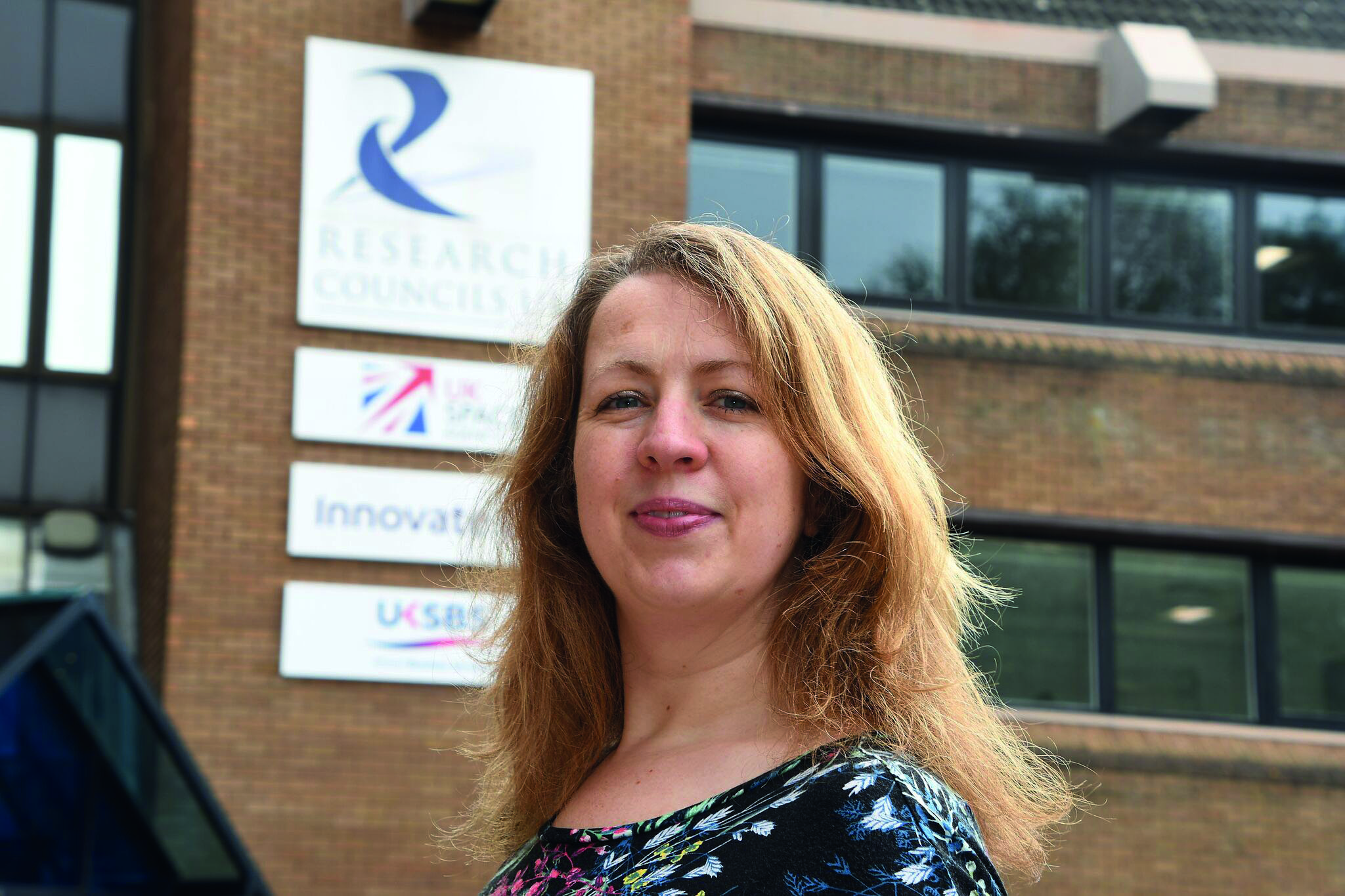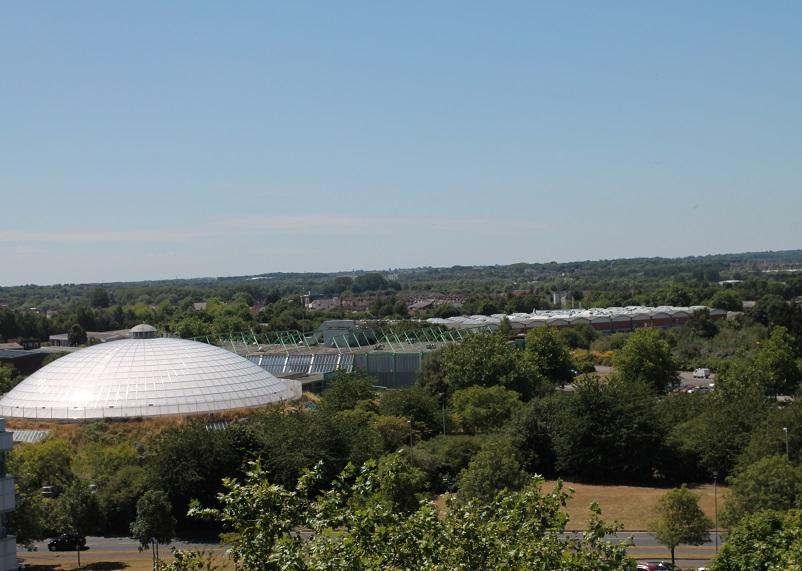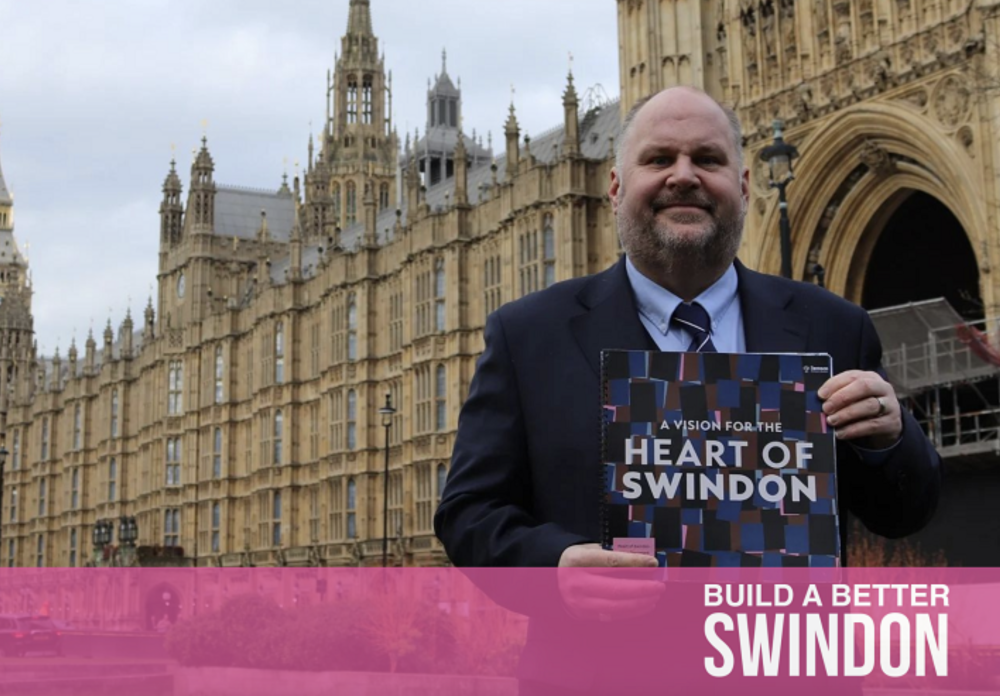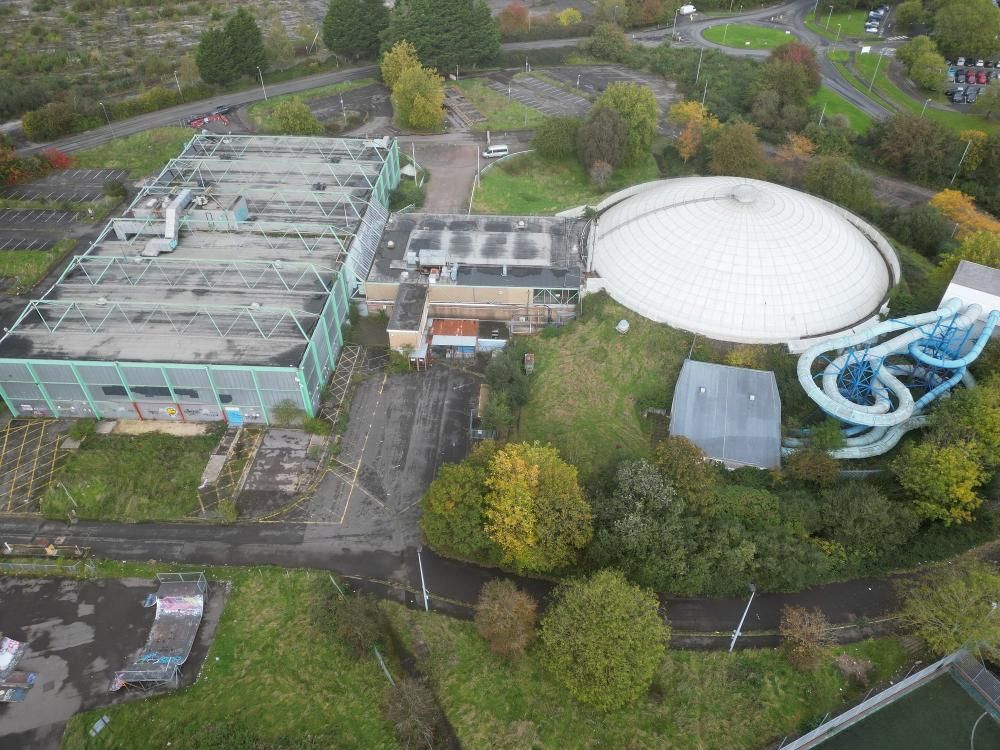Tucked away in a nondescript office block in North Star Avenue, Swindon is the unlikely headquarters of the UK Space Agency - no glittering silver structure, rather a somewhat uninspiring brick faced office building.
However, behind this modest facade is a Government department, which juggles an annual budget of £350 million and employs about 130 people, drawn from a range of scientific, communications and engineering backgrounds. Together the organisation is responsible for making key strategic decisions about the future of the country's civil space programme - from human spaceflight to satellite technology.
Among the talented people employed at the agency is Libby Jackson, who joined in 2014 as part of the team that supported UK astronaut Tim Peake’s mission to the International Space Station and acted as a spokesperson for the mission. She also managed the UK Space Agency education and outreach programme for Tim’s mission.
She now manages the Human Spaceflight and Microgravity Programme.
Libby is an increasingly familiar face on TV, most recently appearing as an expert interviewer on the BBC2 programme Astronauts: Do You Have What It Takes? - having previously shared her expertise on Stargazing Live, Blue Peter and The Big Think.
She agreed to clear some space in her diary to talk to the Link Magazine about her stratospheric career trajectory, her passion for space travel and what the future might hold.
“I have always been fascinated by space, ever since I was a child. I was born in 1981 - three weeks before the first space shuttle launch - but the thing that really caught my imagination as a youngster was the Apollo programme. I would spend hours finding out everything I could about the race to the moon.”
Libby, who grew up in Bromley, Kent, said: “I devoured everything to do with space and I even went to space camp as a child. I was lucky to have supportive parents and I went to a great school.
“No one has ever said to me that I can’t do something. I was always told by my parents and teachers that you can achieve anything you set your mind to.”
It was this self belief that led Libby to secure a key opportunity that shaped her future career.
“It has always been my dream to work in human spaceflight and when I was 17 I decided to write to NASA to see if I could visit. I didn’t tell my parents at the time - I suppose it is the sort of thing you do as a naive teenager, but much to my amazement, I got a reply.”
Libby spent two weeks at Nasa’s Johnson Space Centre in Houston, Texas where she had the opportunity to shadow a flight director and gain first hand experience of working at the cutting edge of human spaceflight.
“It was a pivotal moment for me - I’ve always loved everything to do with spaceflight but it was this placement that convinced me that I wanted to become a flight director and to work towards that goal; I never wanted to be an astronaut - it was this side of things that really ignited my passion.”
After graduating with a BSc in Physics from Imperial College and a Master’s degree in Astronautics and Space Engineering from Cranfield University, Libby worked for Airbus Defence and Space in satellite operations.
And in 2007, Libby headed to Munich and the Columbus Control Centre, working as a flight controller and as an instructor of astronauts and other flight controllers. In 2010 she joined the team of Columbus Flight Directors, leading flight operations in Europe’s Mission Control and looking after the crew and science experiments in the Columbus module.
With increasing use of robotic technology, will we always need humans in space?
“Robots are great and can do many things faster and more efficiently than humans.
But there are some areas where humans are irreplaceable. A well trained human can make informed decisions which draw together their experience and training in a way that computers are unable to match. I think that for the foreseeable future humans will continue to travel into space.”
Libby is keen to support equal opportunities in science and engineering and has recently written A Galaxy of Her Own - Amazing Stories of Women in Space which will be published by Penguin books on November 16. The publication examines 50 stories of inspirational women, from scientists to astronauts, who have played a key role in the development of human space flight - from Ada Lovelace in the nineteenth century to the women behind the Apollo missions.
“In this book, you will see that the people who do well in this field are those who don’t let anyone define them, who have done much to change the culture. Here in the Space Agency, we have an even split of men and women - people are employed on the basis of their skills and ability.”
The Agency space science programme supports world-class science in the UK, keeping the UK at the forefront of discovery, and providing economic benefits in stimulating technological innovation that supports industrial growth.
The UK Space Agency space science programme supported 19 space missions in 2016-17, including missions in the design, build and operational phases, and also post-operation data calibration, validation and archiving.









Your Comments
Be the first to comment on this article
Login or Register to post a comment on this article